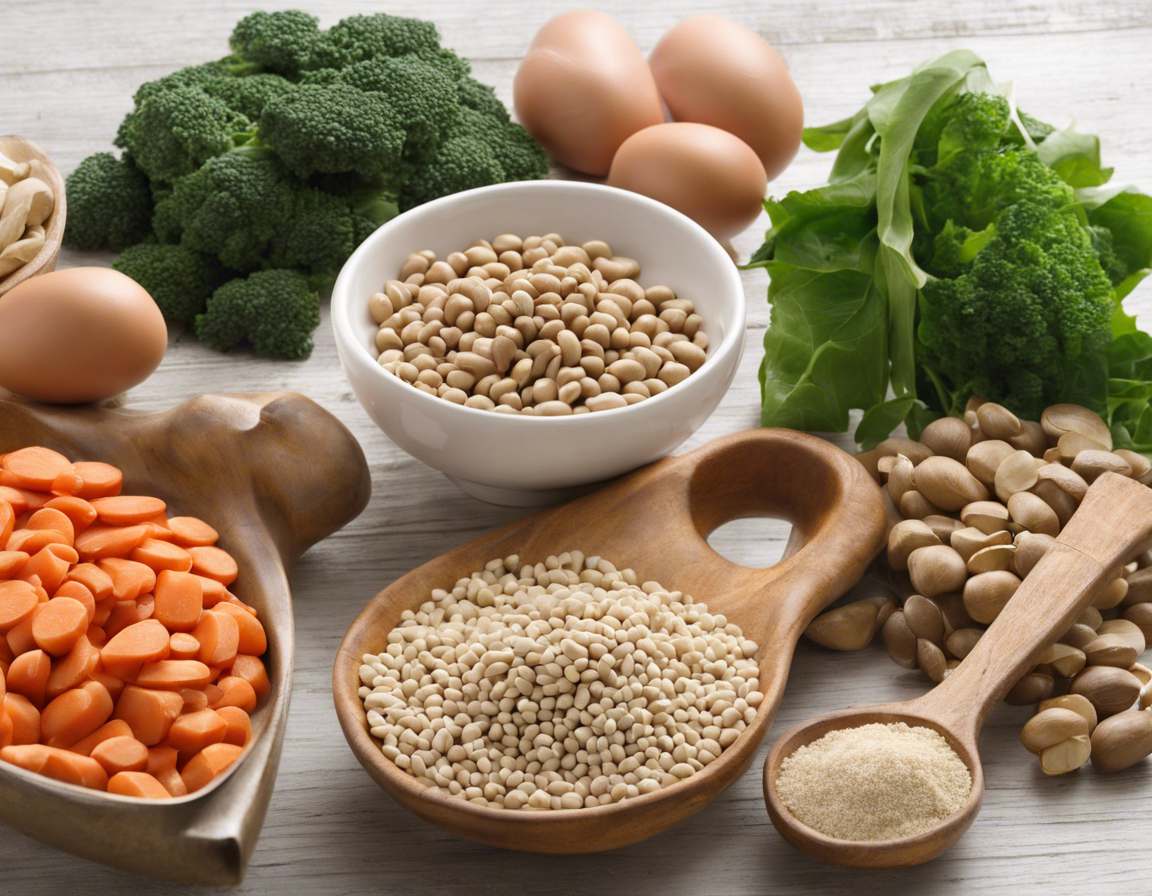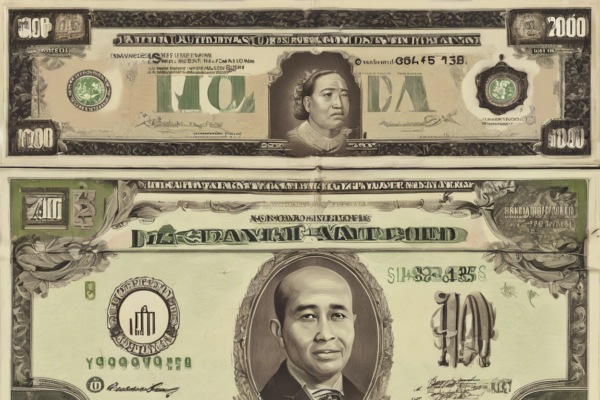Eating a vegetarian diet offers numerous health benefits, from lowering the risk of chronic diseases to promoting weight loss and providing essential nutrients. However, one common concern among vegetarians is ensuring they get an adequate intake of protein. While meat is a well-known source of protein, there are plenty of plant-based alternatives that can provide the necessary protein to support a healthy lifestyle. In this comprehensive guide, we will explore a variety of vegetarian protein sources to help you meet your nutritional needs.
The Importance of Protein in a Vegetarian Diet
Protein is an essential macronutrient that plays a crucial role in the body. It is necessary for building and repairing tissues, supporting immune function, and maintaining muscle mass. For vegetarians and vegans, getting enough protein is essential to ensure overall health and well-being. Protein deficiency can lead to muscle loss, weakened immune function, and impaired healing. Therefore, it’s important to incorporate a variety of protein-rich foods into your diet.
Vegetarian Protein Sources
Legumes
- Lentils: With about 18 grams of protein per cup, lentils are a great source of protein, fiber, and various nutrients.
- Chickpeas: Also known as garbanzo beans, chickpeas provide around 15 grams of protein per cup and are versatile for use in salads, stews, and snacks.
- Black Beans: Black beans offer approximately 15 grams of protein per cup and are rich in fiber, vitamins, and minerals.
Nuts and Seeds
- Almonds: Almonds contain around 6 grams of protein per ounce and are a great source of healthy fats and antioxidants.
- Chia Seeds: Chia seeds are packed with omega-3 fatty acids, fiber, and 4 grams of protein per ounce.
- Hemp Seeds: Hemp seeds are a complete source of protein, providing all essential amino acids, with around 10 grams of protein per ounce.
Grains
- Quinoa: Quinoa is a complete protein source, offering all nine essential amino acids, along with about 8 grams of protein per cup.
- Brown Rice: Brown rice has approximately 5 grams of protein per cup and is a staple in many vegetarian diets.
- Oats: Oats provide around 6 grams of protein per cooked cup and are a great source of fiber and essential nutrients.
Dairy and Alternatives
- Greek Yogurt: Greek yogurt is a protein powerhouse, with about 17 grams of protein per 6-ounce serving.
- Cottage Cheese: Cottage cheese offers around 14 grams of protein per half cup and is a versatile ingredient in both savory and sweet dishes.
- Plant-Based Milk: Fortified plant-based milks like almond, soy, or oat milk can provide around 7-9 grams of protein per cup.
Soy Products
- Tofu: Tofu is a popular plant-based protein source, providing about 10 grams of protein per 3-ounce serving.
- Tempeh: Tempeh offers around 16 grams of protein per half cup and is a fermented soy product with a nutty flavor.
- Edamame: Edamame, or young soybeans, contain around 17 grams of protein per cup and can be eaten as a snack or added to salads and stir-fries.
Tips for Increasing Protein Intake on a Vegetarian Diet
- Combine complementary proteins: Pairing foods like legumes and grains can create a complete protein source, ensuring you get all essential amino acids.
- Snack on protein-rich foods: Keep nuts, seeds, and protein bars on hand for convenient and nutritious snacks.
- Incorporate protein in every meal: Aim to include a protein source in each meal, whether it’s through legumes, nuts, seeds, or dairy alternatives.
- Experiment with new recipes: Try out different vegetarian dishes to keep meals exciting and diverse while meeting your protein needs.
- Supplement when necessary: If you struggle to meet your protein requirements through whole foods, consider adding protein powders or supplements to your diet.
Frequently Asked Questions (FAQs)
What are the signs of protein deficiency in vegetarians?
Symptoms of protein deficiency in vegetarians may include muscle loss, fatigue, weak immune system, slow wound healing, and hair loss.
Can you get enough protein on a vegetarian diet?
Yes, it is entirely possible to meet your protein needs on a vegetarian diet by incorporating a variety of plant-based protein sources like legumes, nuts, seeds, grains, dairy, and soy products.
Is soy the only complete protein source for vegetarians?
While soy products like tofu, tempeh, and edamame are complete protein sources, other foods like quinoa, chia seeds, and buckwheat also provide all essential amino acids.
How much protein do vegetarians need?
The recommended daily intake of protein for vegetarians is around 0.8 grams per kilogram of body weight. However, this may vary depending on individual factors like age, activity level, and health goals.
Can athletes meet their protein needs on a vegetarian diet?
Yes, athletes can get an ample amount of protein on a vegetarian diet by consuming sources like lentils, beans, tofu, and protein-rich grains to support muscle recovery and performance.
Should vegetarians rely on protein supplements?
While whole foods should be the primary source of protein for vegetarians, protein supplements can be beneficial for those who have increased protein needs or struggle to meet their requirements through diet alone.
Are there any risks associated with a high-protein vegetarian diet?
Excessive protein intake, whether from animal or plant sources, can strain the kidneys and may lead to nutrient imbalances. It’s essential to maintain a balanced diet and consult with a nutrition professional if you have concerns.
Can children thrive on a vegetarian diet?
With proper planning and attention to nutrient intake, children can thrive on a well-rounded vegetarian diet. Ensuring they get adequate protein, iron, calcium, and vitamins is key to supporting their growth and development.
How can vegetarians maintain muscle mass without meat?
By consuming a variety of protein-rich foods, including legumes, dairy alternatives, nuts, seeds, and soy products, vegetarians can support muscle maintenance and growth through adequate protein intake.
What are some quick and easy vegetarian protein sources for busy individuals?
Convenient options like protein bars, nut butter packs, roasted chickpeas, edamame pods, and pre-cooked tofu can provide quick and portable sources of protein for on-the-go individuals.
In conclusion, a vegetarian diet can be rich in protein and nutrients when planned thoughtfully with a variety of plant-based sources. By incorporating legumes, nuts, seeds, grains, dairy, and soy products into your meals, you can meet your protein needs and enjoy the numerous health benefits of a vegetarian lifestyle. Remember to consult with a healthcare provider or dietitian to ensure your dietary choices align with your health goals and needs.




